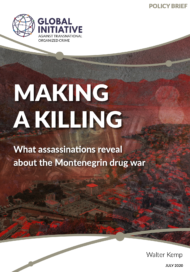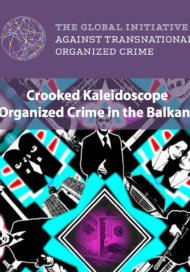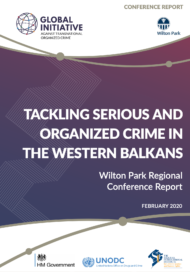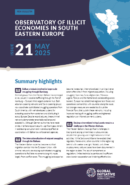Posted on 02 Jul 2020
In criminal markets, violence does not happen by accident – and it is seldom a first resort. The most efficient and controlled markets are those where violence is not even necessary, since one group has a monopoly. Violence can also be bad for business, since it attracts the attention of law enforcement, which increases risks. It can also trigger a deadly spiral of tit-for-tat killings.
Since 2014, several dozen Montenegrins and Serbians have been killed in a bloody feud between two criminal groups from the same small Adriatic town of Kotor, located on the beautiful Montenegrin coast. In the same period, criminal groups from the Western Balkans have quietly and efficiently become major players in the global distribution of drugs, particularly the supply of cocaine between Latin America and Europe.
These trends raise a number of critical questions. If Western Balkan criminals can co-operate or at least co-exist abroad, why are they killing each other at home? What does the violence tell us about the evolution of the feud, and the criminal ecosystem in Montenegro and Serbia? Is there a pattern to the hits, and how could the conflict end? These are among the key questions explored in this policy brief.




